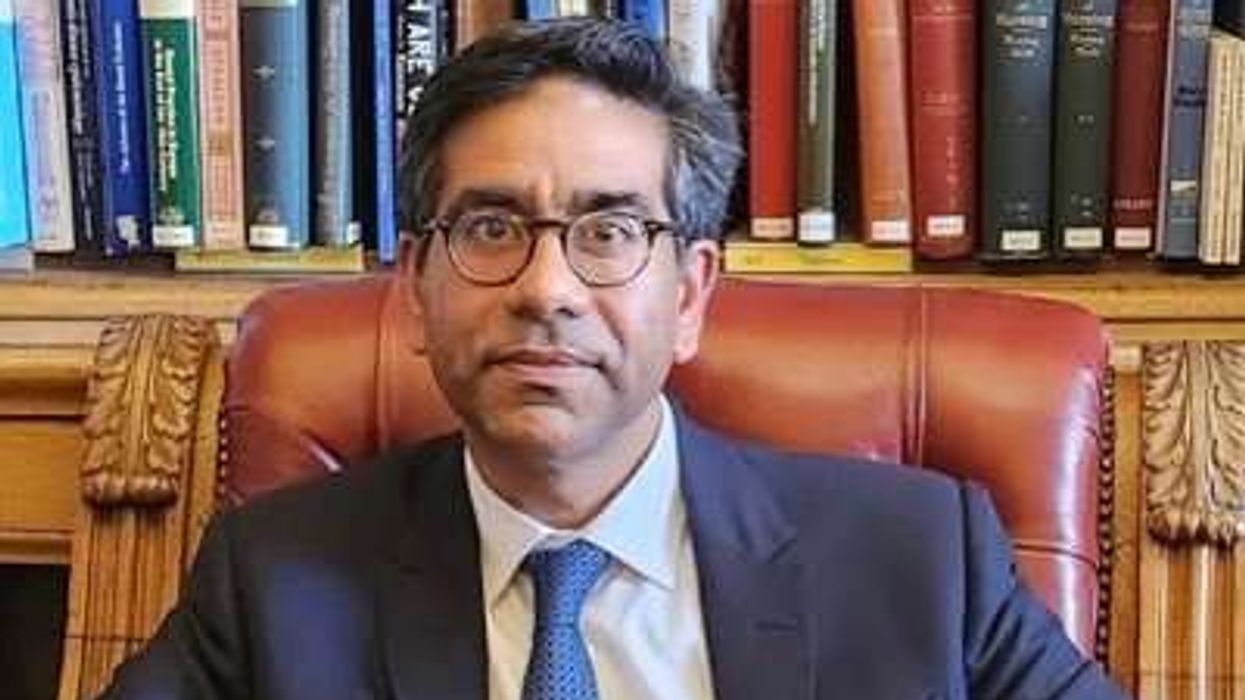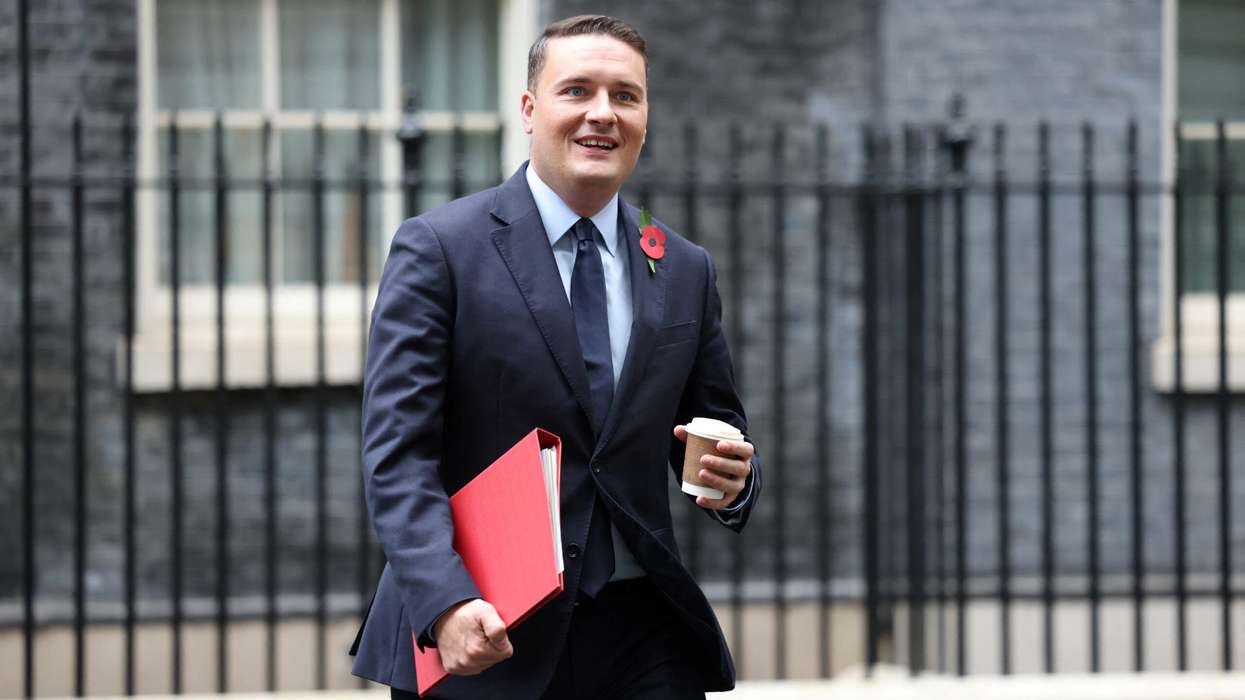ASIAN health expert Dr Arun Chopra has been appointed interim chief executive of the Care Quality Commission following the immediate departure of Sir Julian Hartley.
Dr Chopra, who became the CQC's first chief inspector of mental health in March, will lead the regulator until a permanent successor is appointed. Recruitment for the permanent role will begin shortly. The CQC regulates all health and social care servicesregulates all health and social care services in England.
Sir Julian resigned on Thursday (23), citing concerns that his previous position as chief executive of Leeds Teaching Hospitals NHS Trust had become incompatible with his current role. His departure follows ongoing conversations about care at the trust, including during his tenure there.
"I am so sorry for the fact that some families suffered harm and loss during this time," Sir Julian said. He added that he would support an inquiry into maternity services at Leeds and wanted to avoid his connection with the trust affecting the CQC's work to rebuild confidence in the regulator.
Dr Chopra joined the CQC in March after serving as medical director of the Mental Welfare Commission for Scotland from 2020 to 2024. The commission is a statutory organisation that safeguards the rights of people with mental illness, learning disability, dementia and related conditions.
He had worked as an NHS consultant psychiatrist in general adult community and inpatient settings in England, New Zealand and Scotland. Before joining the CQC, he returned to frontline clinical work as a consultant inpatient psychiatrist at the Royal Edinburgh Hospital.
Dr Chopra is a recipient of the President's Medal, awarded annually by the Royal College of Psychiatrists to individuals who have made a significant contribution towards improving the lives of people with mental illness.
His appointment as chief inspector of mental health was the first of four specialist chief inspector roles created at the CQC. The positions cover mental health, hospitals, primary and community care, and adult social care and integrated care.
Professor Sir Mike Richards, chair of the CQC, said Sir Julian's departure would be a "huge loss" but that he understood his concerns about undermining trust in the regulator.
"Sir Julian can be proud of all he has achieved at CQC in his time here," Professor Richards said. He noted that Sir Julian had refocused the organisation on protecting people and improving care quality since joining in December 2024.
Daniel Elkeles, chief executive of NHS Providers, said the organisation looked forward to working closely with Dr Chopra in his new interim role.





